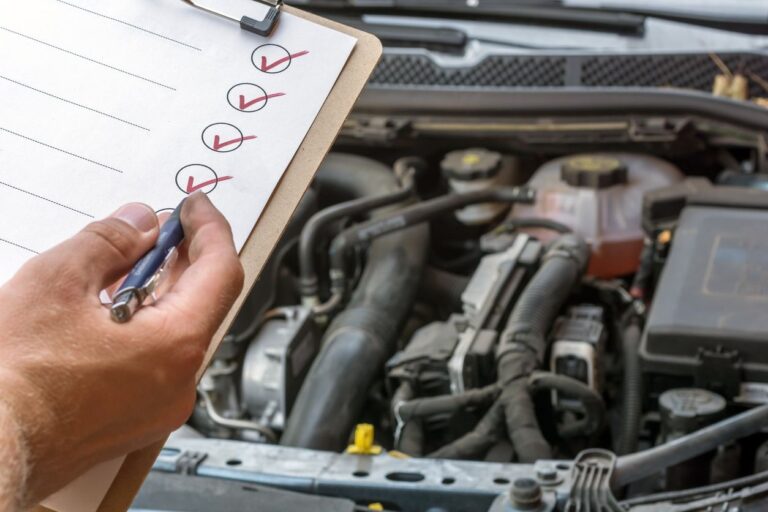Managing a company fleet requires ensuring vehicle performance and reliability. The radiator is often overlooked until it breaks down. Radiators control engine temperature, therefore any issues can damage the car. Early radiator problem discovery saves time and money on roadside situations. These are the key symptoms that your car’s radiators require immediate repair.
Engines That Overheat
Overheating engines are a major radiator trouble indicator. Having fleet cars constantly overheat is a major issue. A warning light on the dashboard or a needle in the red zone signal when a car’s temperature gauge is rising above its normal range. Low coolant levels, coolant flow obstructions, or malfunctioning radiators can cause overheating. Overheating can damage engines, therefore it’s important to fix it fast.
Leaks in Coolant
Coolant leaks are another clue your fleet’s radiators need emergency repair. Check for coolant puddles under parked automobiles and strong, pleasant antifreeze smells. Coolant leaks can result from unsecured connections, corroded radiator parts, and damaged hoses. Unrepaired leaks can damage the engine and lower coolant levels, increasing the risk of overheating. Frequent inspections can spot leaks early, preventing costly repairs.
Strong Smoke or Steam
Steam or smoke from a vehicle’s undercarriage must be addressed immediately. The system is boiling over when a radiator cannot cool an overheating engine, releasing coolant steam. This can cause engine failure and be harmful. If a major radiative failure is detected, drivers should stop the automobile immediately to avoid engine seizing. A skilled mechanic must diagnose such symptoms immediately.
Engine Made Strange Sounds
Strange engine noises may signal radiator problems. If drivers hear hissing, the radiator may be leaking, or the cooling system has pressure issues. Fuzzy sounds may indicate trapped air in the cooling system due to low coolant or blockages. These noises can be detected early to save costly repairs or engine failure. For professional assistance with these issues, consider seeking Auto Repair in Yonkers, NY to ensure your vehicle is in optimal condition.
Decline in Effectiveness
Increased fuel consumption or decreased performance are other radiator problems. A poorly functioning radiator makes the engine work harder, which may reduce performance and wear. Regular vehicle appraisals should include fuel usage tracking by fleet management. If fuel economy reduces without explanation, the cooling system, particularly the radiator, may need to be checked.
Conclusion
Routine maintenance inspections are necessary to prevent radiator issues from worsening. Regular examinations can reveal wear indications including radiator corrosion, damaged hoses, and airflow-blocking debris. Giving drivers a list of symptoms to report can increase early detection. Fleet managers may reduce unplanned failures and extend vehicle life by prioritizing preventative maintenance. In this way, they can ensure radiator efficiency. Monitoring these signs will help your fleet and organization run smoothly.


